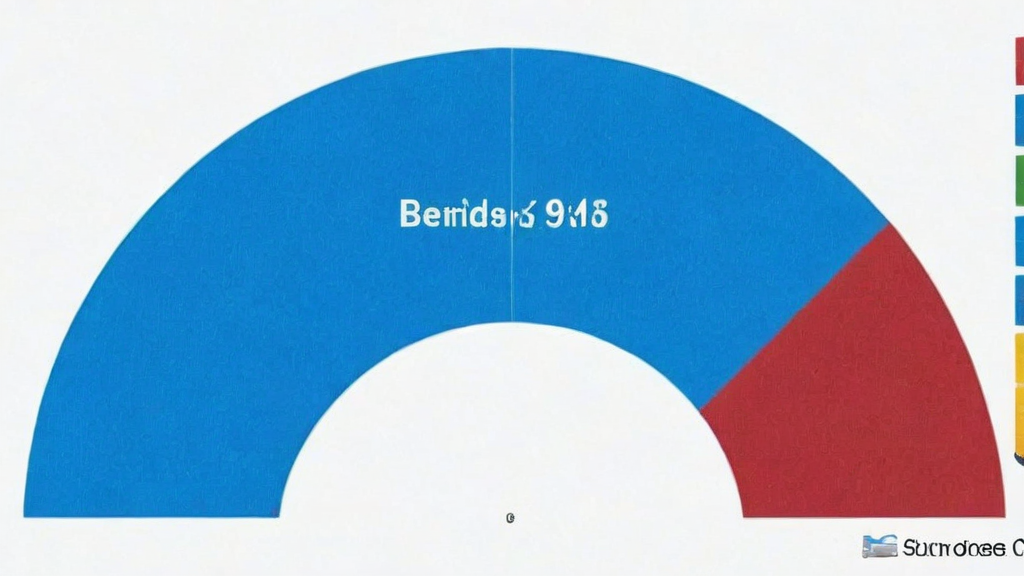The PP is losing strength and the BNG is getting closer to being defeated
The elections of February 18 in Galicia may represent a historic change in the political landscape of the community. The Sociological Research Center (CIS) predicts an electoral reversal that leaves Alfonso Rueda’s PP on the verge of losing its absolute majority, which is set at 38 seats in the Galician Parliament. The survey gives Rueda’s party between 34 and 38 deputies, with 42.2% of the votes, a notable drop compared to the 42 that Alberto Núñez Feijóo obtained in 2020, who left the presidency after 15 years of popular hegemony.
The great beneficiary of this decline of the PP is the BNG, which soars and breaks its electoral record, with the possibility of reaching 32.9% of the votes and between 22 and 26 seats, exceeding the 19 it achieved in 2020, its best marks in deputies, although not in votes. The PSdeG-PSOE remains the third force, with 20.1% of the votes and between 13 and 15 seats, a figure similar to the 14 it currently has. The panorama is completed with the entry of two formations that are not now in the Galician Chamber: Sumar, which could obtain a deputy, and Democracia Ourensana, which could also obtain one. With this distribution, the door opens to a left-wing government led by the nationalist formation.
Vox and Podemos are left out of the Galician Parliament
The CIS survey confirms that Vox does not manage to enter the Galician Parliament, just like Podemos, which does not obtain representation either. Both formations remain below 5% of the votes, the threshold necessary to obtain a seat. The study is based on 3,743 interviews carried out between January 29 and February 1, just before the electoral campaign began.
The best rated candidate continues to be Ana Pontón (BNG), with 5.74, followed by the PP candidate, Alfonso Rueda, who obtains 5.37. They are followed by Xosé Ramón Gómez Besteiro (PSdeG), with a 4.86, and Marta Lois (Sumar), with a 3.98.
The left adds more votes than the right and there is a high percentage of undecided
With these results, the left-wing options in Galicia (including BNG, PSdeG, Sumar and Podemos in this group) would add up to 55.4% of the votes. Against them, the PP and Vox would reach 43.1%. The CIS survey also reflects that a good part of the electorate is undecided: 27.7% say they do not yet know which option they are going to vote for. And 11.6% of voters leave the decision for the day of reflection (5.5%) or the day of the vote itself (6.1%). In total, between those who decide at the last moment and those who do so during the campaign, they are 44.3% of the voters.
Regarding the transfer of votes, those who decided in 2020 on the PP ballot are the ones who remain most faithful, according to the CIS: almost 87% of them assure that they will vote again for this formation, which will also include voters who They opted for Vox and Ciudadanos four years ago. The BNG will once again be the choice for 84% of those who already voted for it in 2020. The nationalist organization will also receive support from those who had then opted for Galicia en Común and Marea Galeguista, two forces born from the pacts of the sovereignist space and the left. federal and that in the previous elections they were left without representation. There will also be a transfer of these two spaces to Sumar (26.9% of those who said they had supported Galicia en Común and 27.1% of those who said they had voted for Marea Galeguista).

